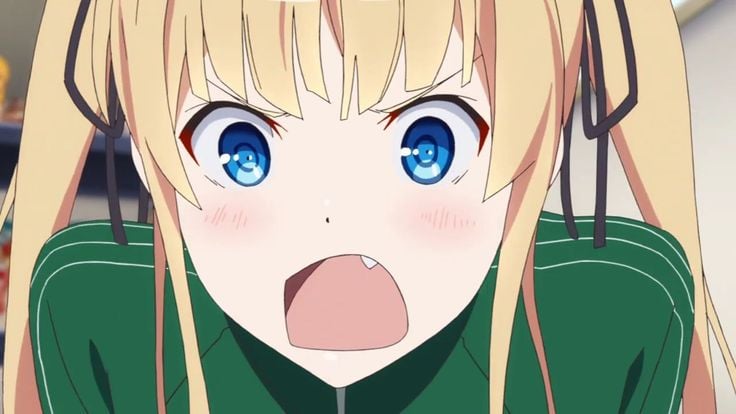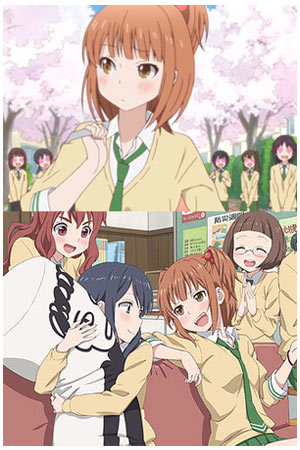Language reflects the society that creates it, and there are many interesting words that give us insight into Japan. I consider myself quite a unique individual, and if you said I was the same as every other American, I might be mildly insulted. But to many Japanese, being thought of the same as everyone else — embodied in the Japanese word 普通 futsuu, meaning “normal” or “usual” — is generally considered a good thing. When I was in college, I strove to be as different from everyone else as I could be, reading manga and blasting JPOP music in my car, but I had a Japanese girlfriend who got downright upset when I told her she was “a little different” from other Japanese I’d met. In Japanese this concept is expressed either with 変わっている kawatteiru, a soft word implying “odd” or “different,” or the stronger word 変 hen, meaning “strange.” (Yes, that’s the hen in hentai.) My wife is exactly the same: all she wants, she says, is to be thought of as a normal garden-variety Japanese woman, despite the fact that married a gaijin as strange as me.

Maybe admitting to being different at all makes you into this person.















